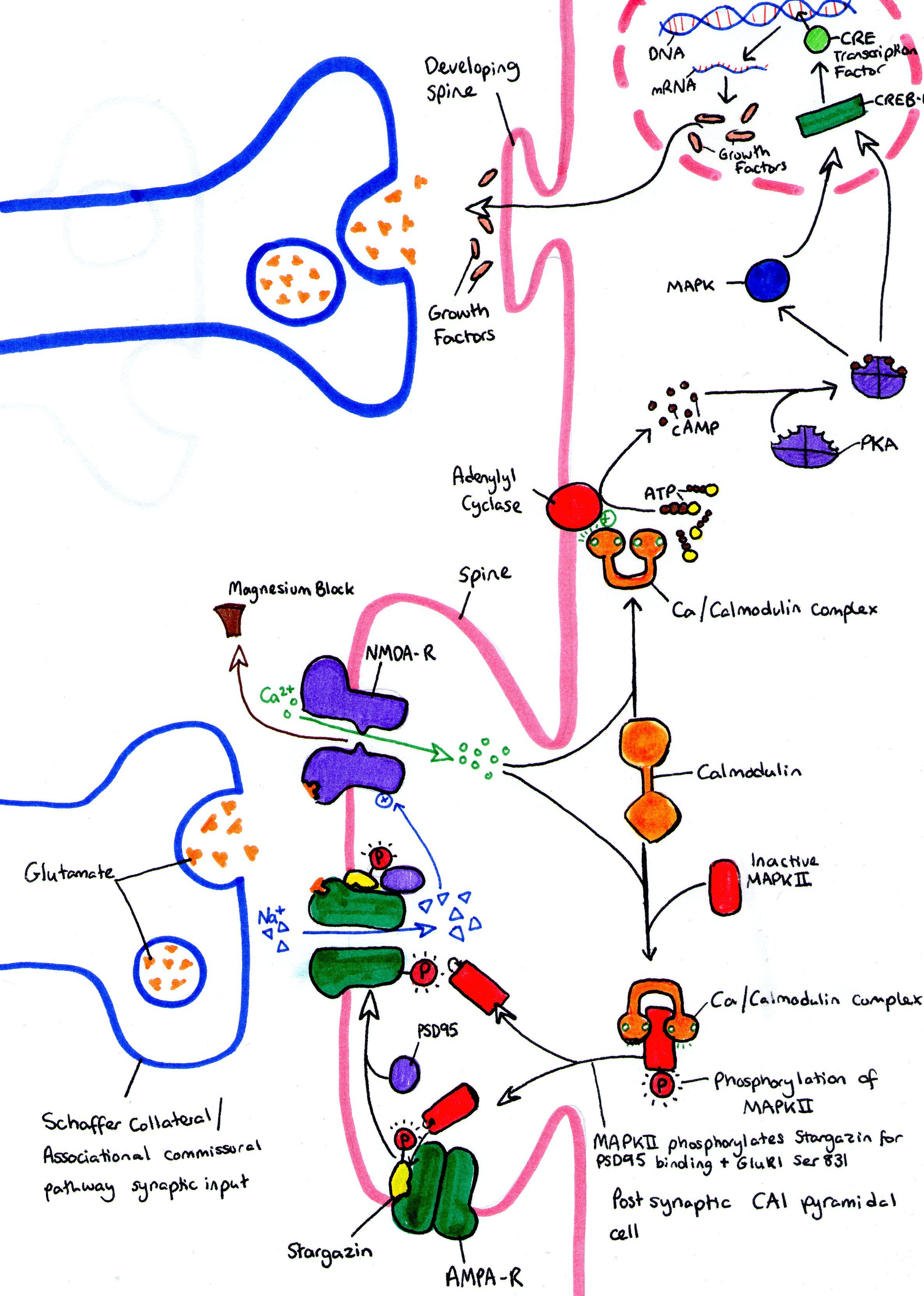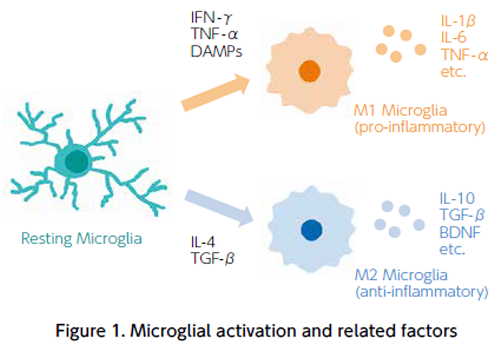Federal research grants play a critical role in advancing knowledge and improving health outcomes across the nation. These grants, particularly those focused on funding health research, are essential for scientists striving to make a difference in areas like cancer research funding and nutrition studies. The National Institutes of Health (NIH) grant application process underscores the competitiveness of securing these vital resources, as only a fraction of proposals receive funding. Public health grants are more than just financial support; they represent opportunities for innovation and collaboration in tackling pressing health challenges. As researchers like Karen Emmons and Jorge Chavarro demonstrate, the journey to obtaining these grants requires dedication, strategic planning, and a commitment to public well-being.
Research funding from the federal government is a lifeline for scientists dedicated to enhancing public health. These financial supports are crucial for projects exploring various avenues such as cancer prevention and nutrition interventions. The rigorous NIH grant application process not only evaluates the merit of research proposals but also reflects a commitment to advancing scientific inquiry. Beyond simply providing resources, health-related grants foster collaborations and innovations aimed at addressing the most urgent health disparities. As the landscape of federal research funding evolves, the significance of these opportunities in promoting scientific progress remains paramount.
The Importance of Federal Research Grants in Health Innovations
Federal research grants serve as critical lifelines for health researchers striving to make groundbreaking advancements in fields such as cancer prevention and nutrition. These grants, often dispensed by institutions like the National Institutes of Health (NIH), provide the necessary funding for innovative proposals that can lead to improved health outcomes in communities. For example, Karen Emmons and Jorge Chavarro have both benefited from these funding opportunities, allowing them to explore and study vital areas that carry the promise of enhancing public health. Without the support from federal research grants, many pioneering studies could face significant delays or even cancellation, leaving unaddressed gaps in essential health research.
Moreover, securing federal research grants not only validates the importance of a researcher’s work but also contributes to the wider scientific community. The rigorous application process ensures that only the most innovative and impactful projects receive funding, fostering a competitive yet collaborative environment among researchers. Emmons’s focus on strategies to reduce cancer risk, along with Chavarro’s research on nutrition’s role in reproduction, exemplify how federal grants can propel research that directly benefits society. By investing in such grants, the government reinforces its commitment to public health, making strides toward more effective treatments and preventive measures.
Navigating the NIH Grant Application Process
Submitting an NIH grant application is a comprehensive endeavor that demands careful planning and meticulous execution. The process begins well before an application is drafted; researchers must engage with community partners, stay current with scientific literature, and meet potential collaborators. For many, like Karen Emmons, the initial stages involve developing an innovative concept that addresses existing health challenges while ensuring that it is grounded in evidence. As stated, you can’t simply approach the NIH with an idea and expect funding. Instead, a well-structured application is critical for navigating the complexities of grant proposals.
Once the groundwork is laid, the application process can span months, entailing a detailed ‘specific aims’ document, comprehensive scientific descriptions, ethical considerations, and stringent budget justifications. Each element must not only persuade the review committees of the project’s merit but also adhere to strict NIH guidelines to demonstrate innovation and relevance. Researchers often face immense pressure to secure funding due to the low success rates, notably in high-stakes areas like cancer research; in 2023, the R01 grant success rate hovered around 14.6%. This underscores the necessity for researchers to not only articulate their ideas clearly but to ensure they align with the funding body’s mission.
Key Challenges Facing Public Health Researchers
Despite the invaluable nature of federal research grants, public health researchers encounter several challenges throughout their pursuit of funding. One notable hurdle is the competitive nature of grant applications, where only a fraction of proposals receive funding. As highlighted by Jorge Chavarro, the NIH’s commitment to a fair review process intensifies the competition among researchers, making it both exhilarating and daunting. Furthermore, the cancellation or suspension of funding exacerbates this challenge, as seen in the recent federal actions against certain institutions, which disrupt critical studies on diseases such as neurodegenerative disorders.
Additionally, researchers must navigate shifting political climates that impact funding allocations for public health research. The uncertainty surrounding grant availability can deter some researchers from pursuing ambitious projects, particularly in underserved or controversial areas. Emmons’s focus on cancer risk reduction within these communities points to the essential role of research in addressing health disparities. The environment of grant-funded research necessitates adaptability and resilience, as researchers strive to find alternative funding sources or adjust their proposals to meet evolving federal priorities.
The Interplay Between Research Grants and Community Health
The relationship between federal research grants and community health is profound and multifaceted. As Karen Emmons emphasizes, her research on cancer prevention strategies is deeply rooted in engaging with community partners to create impactful interventions. Federal grants enable researchers to conduct studies that not only advance scientific knowledge but also translate into actionable solutions for public health challenges faced by specific populations. By fostering partnerships between researchers and community organizations, these grants help ensure that research findings are applicable and beneficial to those most affected by health disparities.
Furthermore, the investment in public health grants reflects a broader societal commitment to improving health outcomes. Research funded by entities like the NIH plays a crucial role in shaping health policies and practices that address the needs of diverse communities. The partnerships formed through grant-funded research often lead to sustainable practices that can significantly reduce instances of diseases, improve nutrition, and elevate health standards. This dynamic interplay showcases the vital role of federal funding in bridging the gap between scientific research and tangible health benefits for the public.
The Future of Federal Funding in Health Research
Looking ahead, the future of federal funding in health research remains uncertain yet hopeful amid fluctuating political landscapes and ongoing public health challenges. Researchers like Emmons and Chavarro advocate for continued investment in health research funding, as it directly influences the capacity to undertake innovative studies. As they combat issues such as cancer and reproductive health with their research, the need for steadfast federal support cannot be overstated. Increased funding not only fuels scientific advancements but also enables health researchers to address emerging public health threats effectively.
Advocacy for sustained and enhanced federal research grants comes from the recognition of their impacts on health outcomes. With ongoing threats to funding allocations, researchers emphasize the importance of maintaining a focus on health policies that prioritize equitable funding for all health research areas. This includes ensuring that programs aimed at funding nutrition research grants or cancer research funding remain robust and accessible. As public health challenges evolve, so must the approach to federal funding, ensuring it adapts to meet the dynamic needs of researchers and the communities they serve.
Building Resilience Through Grant Writing
The process of grant writing is itself a skill that researchers must cultivate to navigate the competitive landscape of federal funding successfully. Crafting a compelling grant application requires not only expertise in one’s field but also the ability to communicate complex ideas effectively to a broad audience, including reviewers who may have different areas of focus. Emmons articulates the importance of clarity and coherence in her proposals, which is crucial for securing funding amidst the challenging 14.6 percent success rate noted in recent statistics. For researchers, honing these skills is essential not only for their immediate funding needs but for fostering long-term collaboration within the scientific community.
Moreover, resilience in the face of funding challenges is crucial for researchers. Those whose proposals are not initially funded often have the chance to revise and resubmit their applications, incorporating reviewer feedback to strengthen their case. This iterative process not only improves the quality of future proposals but also builds a culture of perseverance within health research. Chavarro suggests that rather than viewing funding denial as a failure, researchers should see it as an opportunity for growth and improvement. This mindset is essential for sustaining the essential work required to advance health science amidst systemic funding challenges.
Collaborative Approaches to Public Health Research
Collaboration emerges as a pivotal component of successful public health research, especially in the context of securing federal research grants. Both Emmons and Chavarro emphasize the importance of building relationships with community partners and fellow researchers to create synergies that enhance the quality and relevance of their work. By pooling their expertise and resources, researchers can navigate the complexities of grant applications more effectively, ultimately leading to proposals that are more innovative and impactful.
Additionally, collaborative research can address multifaceted health issues more comprehensively. For instance, joint initiatives tackling nutrition and cancer risk can leverage insights from both spheres to produce holistic solutions. This integrative approach is vital in areas such as community health, where understanding the interconnections between various factors can drive significant improvements in public health outcomes. As federal funding evolves, collaborations that prioritize interdisciplinary and community-based research will become crucial for ensuring that health research translates into real-world benefits.
Securing Funding for Nutrition Research Grants
Amid increasing recognition of nutrition’s role in health, securing funding for nutrition research grants remains critical. Researchers like Jorge Chavarro advocate for robust support in this area, highlighting the need for deeper investigations into the relationship between nutrition, reproductive health, and broader public health issues. Research in nutrition presents unique opportunities for impactful findings that can lead to recommendations for healthier lifestyles, influencing the diets of communities and ultimately improving health outcomes. However, limited funding availability poses notable challenges for researchers aiming to explore this critical aspect of health.
Federal research grants provide the backbone for innovative nutrition studies, as securing such funding can lead to advancements in understanding and combating diet-related health issues, such as obesity and diabetes. As public awareness of nutrition’s importance increases, the call for substantial investment in nutrition research grants should resonate with policymakers. Ensuring that these grants remain a priority in funding agendas will enhance the capacity of researchers to tackle nutritional challenges and promote healthier communities through evidence-based insights.
Overcoming Funding Barriers in Public Health Research
Public health researchers are often faced with various barriers when seeking funding, including bureaucratic hurdles and ever-shifting funding priorities. The competitive nature of federal research grants means that many proposals go unfulfilled despite rigorous preparation and significant effort. Emmons notes that this can be discouraging, particularly when researchers are deeply committed to addressing chronic health issues. Moreover, the political climate can lead to unexpected changes in funding availability, making it imperative for researchers to remain adaptable and continually seek alternate funding avenues.
It’s essential for researchers to understand the landscape of public health funding thoroughly and to cultivate a robust network of collaborations that can bolster their chances of success. By reaching out to established researchers, participating in workshops, and continuously refining their grant-writing skills, emerging scientists can work to overcome these barriers. Fostering a collaborative spirit and being proactive in seeking advice or finding mentorship can be key strategies for navigating the challenges of securing grants in public health research.
Frequently Asked Questions
What are federal research grants and how do they support public health research?
Federal research grants are funds provided by government agencies to support scientific research that benefits the public, particularly in health-related fields. These grants, including public health grants, enable researchers to conduct studies that can lead to vital advancements in health strategies, treatments, and disease prevention.
How does the NIH grant application process work for cancer research funding?
The NIH grant application process for cancer research funding involves several steps, including formulating specific research aims, providing evidence of the study’s significance, and detailing methodology. Applicants submit comprehensive applications which are rigorously reviewed by peer scientists to ensure funding is awarded based on merit and potential impact.
What should be included in a nutrition research grants application?
A nutrition research grants application typically includes specific aims, a detailed research plan, biosketches of the principal investigators, and justifications for budget requests. Proposals must demonstrate innovation and relevance to public health challenges, particularly in nutrition and human reproduction areas.
What challenges do researchers face when applying for federal research grants?
Researchers often face challenges such as intense competition, extensive application requirements, and the need to justify every aspect of their proposed budget. Additionally, changes in federal funding policies can disrupt ongoing studies, making it crucial for researchers to stay informed and adaptable.
What is the success rate for obtaining federal research grants like the NIH R01 grant?
The success rate for obtaining federal research grants, such as the NIH R01 grant, varies by institution and year. For example, as of 2023, the success rate for the R01 grant at the National Cancer Institute was approximately 14.6%. This means that only about one in six proposals submitted receives funding.
How do researchers address feedback from unsuccessful federal grant applications?
Researchers whose applications for federal grants are not funded can utilize the feedback provided during the review process to enhance their proposals. Incorporating this constructive criticism, they can revise and resubmit applications, improving their chances of securing funding in future submission rounds.
What role does collaboration play in securing funding for federal research grants?
Collaboration is essential in securing funding for federal research grants as it strengthens proposals by demonstrating commitment and shared expertise between researchers and community partners. Networking with other scientists and engaging with stakeholders can also highlight the study’s relevance and potential impact on public health.
| Key Points | Details |
|---|---|
| Importance of Federal Grants | Federal research grants are critical for public health researchers to conduct studies and make advancements in science and human health. |
| Challenges Faced | Federal funding has been threatened by administrative actions, impacting numerous research projects related to significant health issues. |
| Grant Application Process | Securing grants involves building partnerships, conducting preliminary research, and developing comprehensive applications that can exceed 100 pages. |
| Success Rates | Only 14.6% of applications to the National Cancer Institute were funded in 2023, emphasizing the competitive nature of federal grants. |
| Public and Private Partnership | There’s a long-standing commitment between public and private sectors to support scientific research that benefits society as a whole. |
Summary
Federal research grants play a vital role in advancing public health initiatives and enabling researchers to make meaningful contributions to society. These grants not only support innovative research but also provide essential funding amid increasing costs and administrative challenges. As demonstrated by the experiences of renowned researchers like Karen Emmons and Jorge Chavarro, the process entails significant preparation and commitment to ensure that invaluable health advancements continue despite external adversities.



